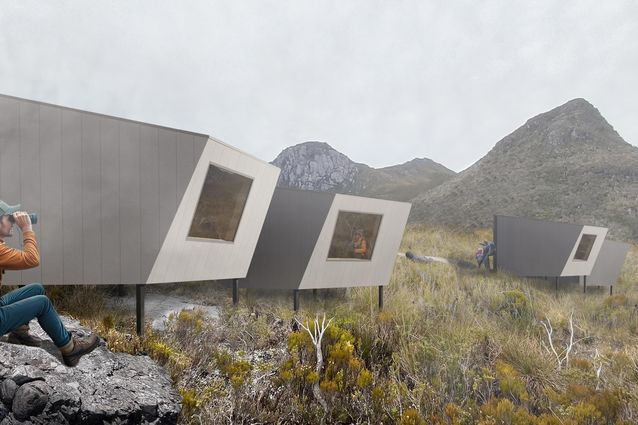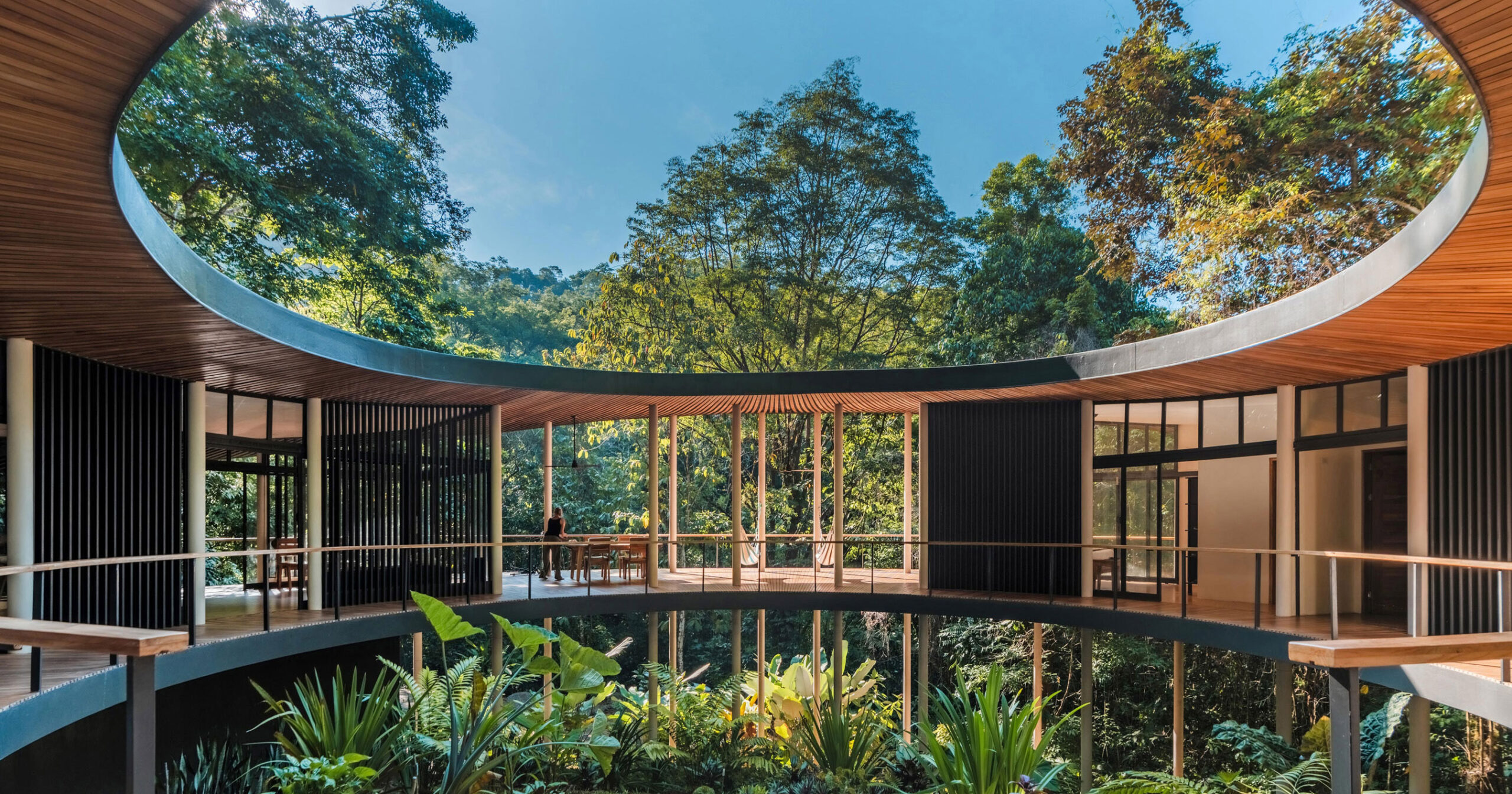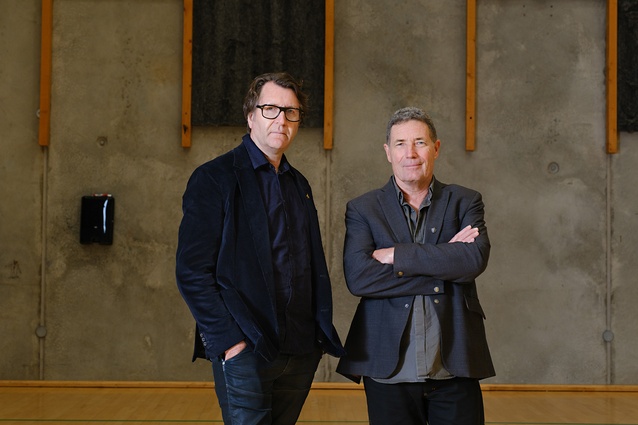[ad_1]
Last June, when architecture and design professions were growing increasingly aware of structural inequalities within the industries, over 100 UK-based built environment professionals penned an open letter to British prime minister Boris Johnson highlighting how the economic fallout of the spring lockdown was disproportionately borne by “Black and minority ethnic” (BAME)–led architectural practices.
In response to the situation, grassroots initiatives across the UK are tackling the dearth of financial and professional support systems for future architects from underrepresented groups. RE—SET—GO, one such program, was recently launched by women-led South London practices We Made That, IF_DO, and Gort Scott.
Holly Lewis, cofounding partner at We Made That, said, “The profession simply and categorically does not reflect the populations that we are designing for, and it’s not good enough. It’s too easy to feel helpless to make change against such a widespread issue, but it’s also too easy to let ourselves off the hook for not doing more than we currently are. That’s why, alongside the London Practice Forum, we’ve launched RE—SET—GO with the mission of diversifying architecture practices.”
The project’s launch comes on the heels of a strong backlash to the results of the Architect Design Services procurement process of London’s Southwark Council. The final list of 110 practices, according to Architect’s Journal, included “no Black-led practice and only a handful of BAME-led practices,” in sharp contrast to the borough’s population, which is 46 percent non-white.
The council at first defended its framework, claiming it “reflected the wider construction industry.” The outcome was decried by London mayor Sadiq Khan as “clearly unacceptable,” and the council has since launched a search to expand its framework to generate more diverse representation.
The woeful lack of diversity in the industry can be attributed to a range of obstacles, including low exposure to architecture in school-age children resulting in a lack of awareness of architecture’s potential as a career path and the financial burden of completing six years of university and professional training paired with notoriously low salaries upon entering the workforce.
RE—SET—GO tackles these challenges by working across public and private sectors to deliver its ambitious program. The project is supported by Stride, an initiative backed by the London boroughs of Lambeth, Lewisham, Southwark, and Wandsworth, with additional commitments from members of the London Practice Forum. These partnerships will enable 150 local participants, aged 16 to 24 and from underrepresented backgrounds, to prepare for employment in architecture.
“Giving confidence, skills, and connections allows us to address barriers to employment,” Lewis said. “However, this is not always enough to enable participation to all. All work placements are paid the London Living Wage and supported by a travel and subsistence stipend, enabled by Stride funding matched by support from host practices.” RE—SET—GO has also partnered with Afterparti, an initiative born out of the New Architecture Writers program, to develop accountability metrics for the work placement scheme.
The program leverages its London-wide network to target early career impact. “As a group of employers, we can offer direct routes into on-the-ground experience and employment. We recognize that some actions need to start earlier, before the graduates who apply to us gain their degrees,” Lewis said.
To overcome the difficulties of reaching an audience that may not even be aware it is sought after, RE—SET—GO works with established networks and programs with shared aims to spread the word, including Open City’s Accelerate program and Black Females in Architecture, as well as directly with local schools to open conversations about career paths in architecture and design.
In addition to its work placement program, RE—SET—GO is developing a workshop program, where participants and practice mentors will collaborate on creative solutions for real project briefs in South London, and a series of “knowledge exchange events .”
“There are plenty of potential participants coming forward asking when we will expand the intake to other parts of London and the UK,” Lewis said. “We’d like to find ways to embed the program in public sector project commissioning.”
As local governing councils across London scramble to address the underrepresentation of minorities in their architectural frameworks, programs like RE—SET—GO show how the design community can lead the charge.
[ad_2]
Source link











